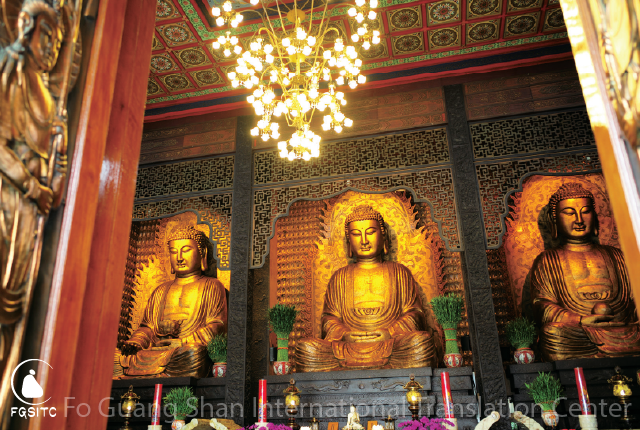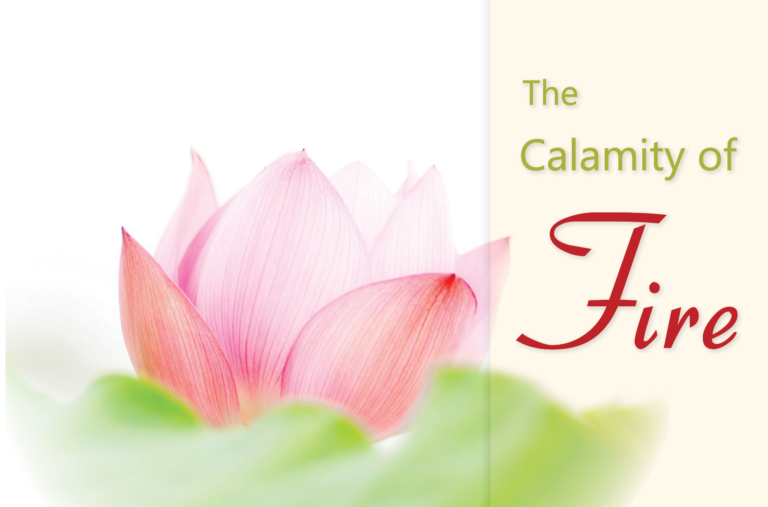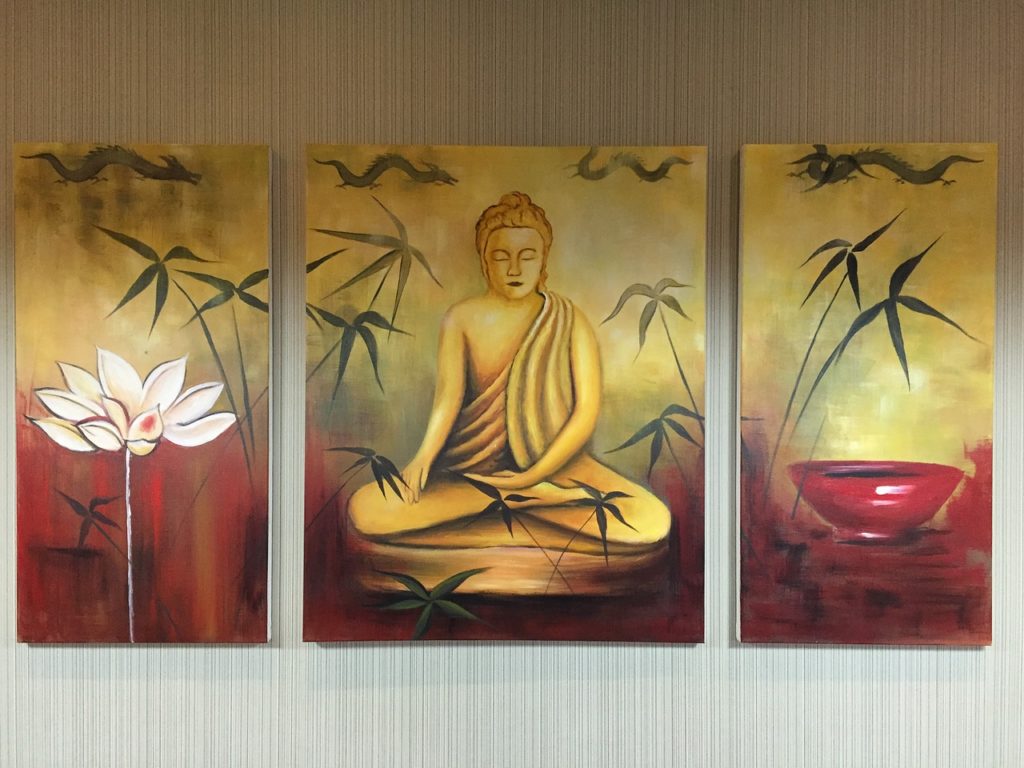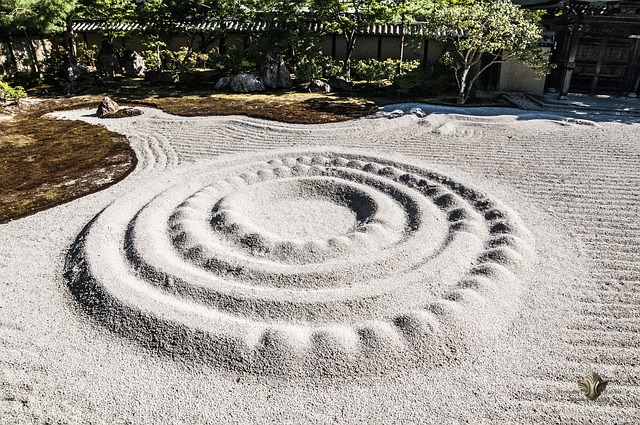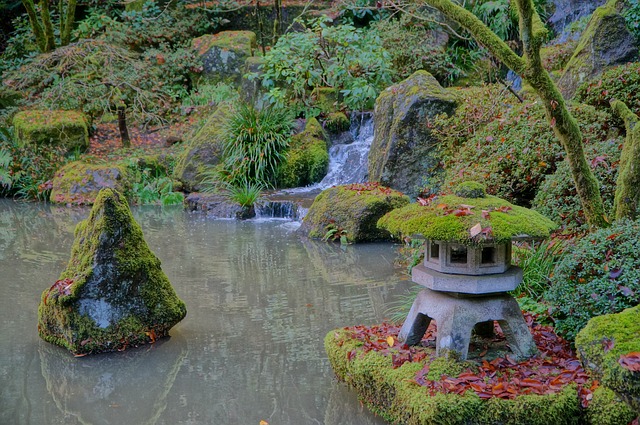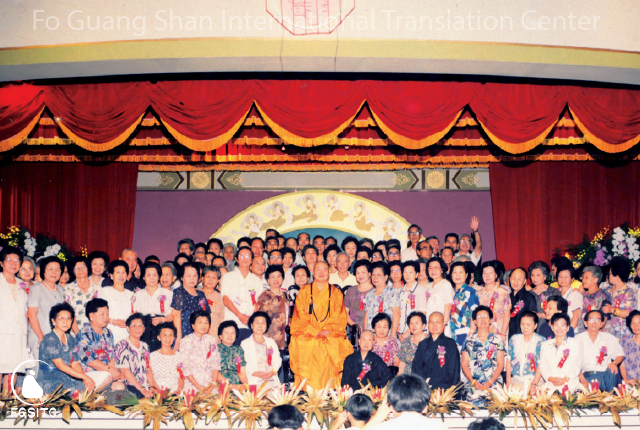
In this complex world we must know how to behave if we want to make progress. The world contains so many kinds of people and so many different levels of morality and wisdom, we must have some basic guidelines which can fit all situations. Being careful about what we say while controlling the urges of the body is a very good basic guideline for all situations.
Control of the body means that we know when to act, and when not to act and that we know how to behave with moderation.
If we see something that contradicts our understanding of the Dharma, it is usually best to ignore it because, in the first place, we might be wrong about what we think and, in the second place, we should always remember that every person must learn in his own way. When we do decide to speak or act, we should always be as compassionate as we are able. Compassion itself is a guide that always prompts us to be tolerant, patient and as wise as possible.
It is very important to be careful about speech. This is especially true nowadays since so many different cultures and groups are presently intermingling with each other.
What is inoffensive in your group may be very offensive in someone else’s. What is a joke to you may be a rebuke or an insult to someone else. The vast and ever-changing variety in the world does not allow us to stop at every moment and fully explain exactly what we meant and why we said it. In an ideal world, people would all understand each other perfectly. However, in this world misunderstandings are very common. For this reason, it is very important to be careful about what you say.
A good word melts the cold of March while a bad word can freeze the month of June.
We can cause great harm with our words, but we can also bring about great good through them.
In our practice of Buddhism, we should constantly try to bring positive energy into whatever situation we find ourselves in. Words are one of the best means we have to facilitate this process. Words should be used to encourage and help other people. They should be used to communicate deeply and warmly. And they should be used to spread the truth of the Dharma to all who will listen.
The Buddha taught that none of us should ever use words to lie, flatter, be harsh or mislead.
In the end, all acts of body and speech should be directed toward the greater welfare of all sentient beings. One can make samsaric gains through body and speech, but as the Buddha said:
Ananda, all the people in heaven only got there through ordinary decency; when their good karma is used up, they will re-enter the cycle of birth and death. In contrast, the bodhisattva makes steady progress through his explorations of samadhi, through his transfer of merit and through his cultivation of the Way which leads beyond all birth and death.
— Surangama Sutra
It was originally published in Being Good, written by Venerable Master Hsing Yun.




